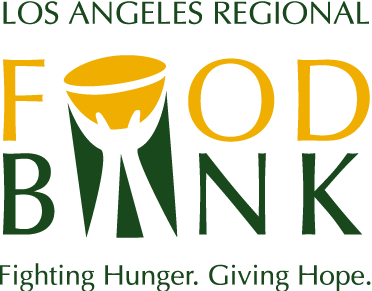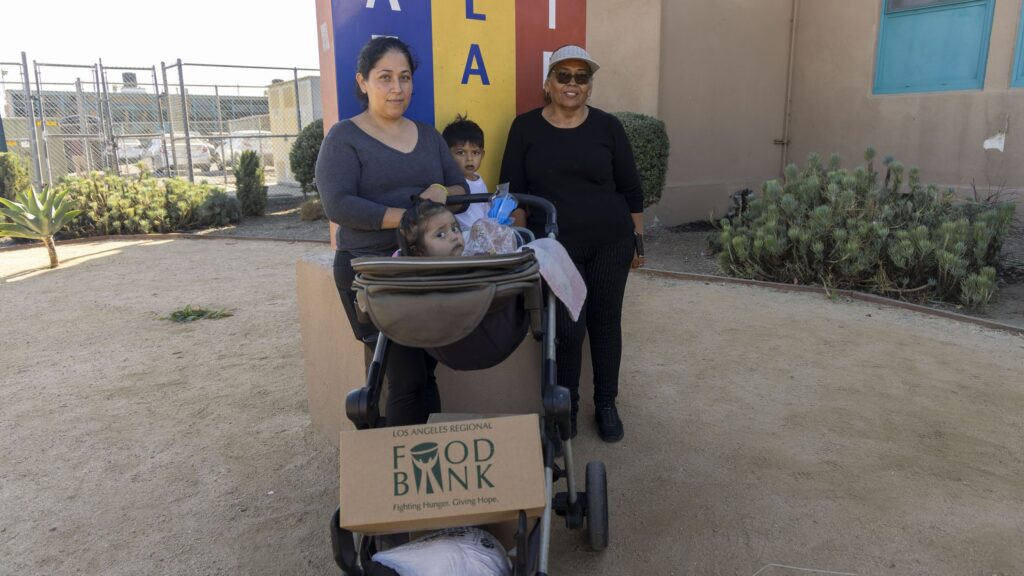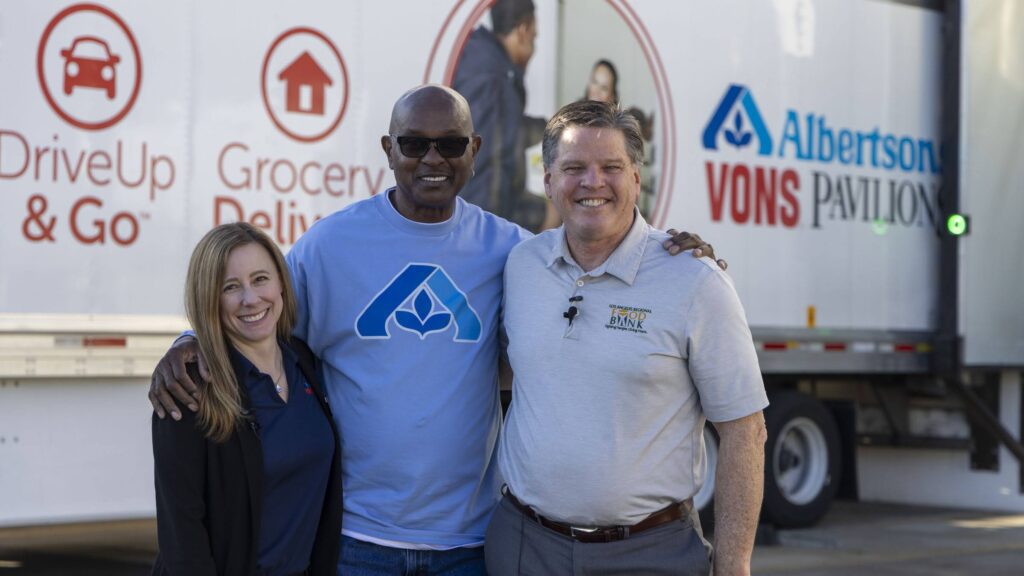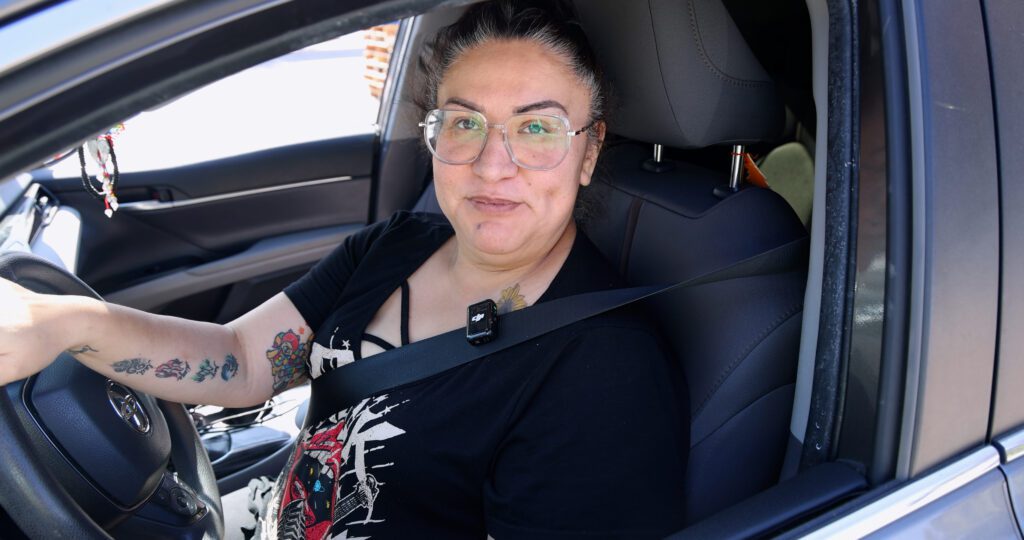A Food Pantry That is Helping Families Stay Afloat Through Trying Times
A Food Pantry That is Helping Families Stay Afloat Through Trying Times
CCNP proudly serves the Westlake and Pico-Union neighborhoods, communities that have been greatly affected by the pandemic and inflation
According to a recent story in the Los Angeles Times, the Pico-Union neighborhood is the most overcrowded place in America and one where the pandemic saw the most deaths. But even with multiple incomes under one household, paying the rent and keeping up with the most recent inflation on everyday goods is hard for many families. That’s why many have to turn to food pantries like the one available at Central City Neighborhood Partners (CCNP), one of the more than 600 partner agencies with the Los Angeles Regional Food Bank.
CCNP provides families with breakfast, lunch, and after-school meal programs, as well as weekly walk-up food distributions, among many other services. The agency has expanded its programs and services, serving more than 69,000 people and distributing more than 676,000 pounds of food in 2021, helping its community in a time of need.
Inflation is Changing Grocery Shopping Behaviors
Consumer shopping behaviors are changing with inflation. While some are able to afford the price increase, others are forced to make sacrifices in other parts of their budget in order to keep up.
Aniceta Hernandez and her household of six are one family changing their shopping behaviors at the grocery store. While they were able to purchase items like fish and meat twice a week, now they are having to cut back to once a week and relying heavily on the items she receives at CCNP’s weekly distribution.
“I’m very grateful that a place like this exists,” said Hernandez. “I hope this program continues because we need it.”
Making an Impact in His Community
When Juan Hernandez and his family first went to CCNP for a toy drive back in 1998, they weren’t aware of the impact it would have on their lives. After the toy drive, Hernandez and his family continued to go to CCNP for their services. But as Hernandez got older, he started getting more involved with everyday operations, starting off as an intern.
Now, he is employed full-time with CCNP and knows the impact that the organization has on the community, himself, and on his family.





